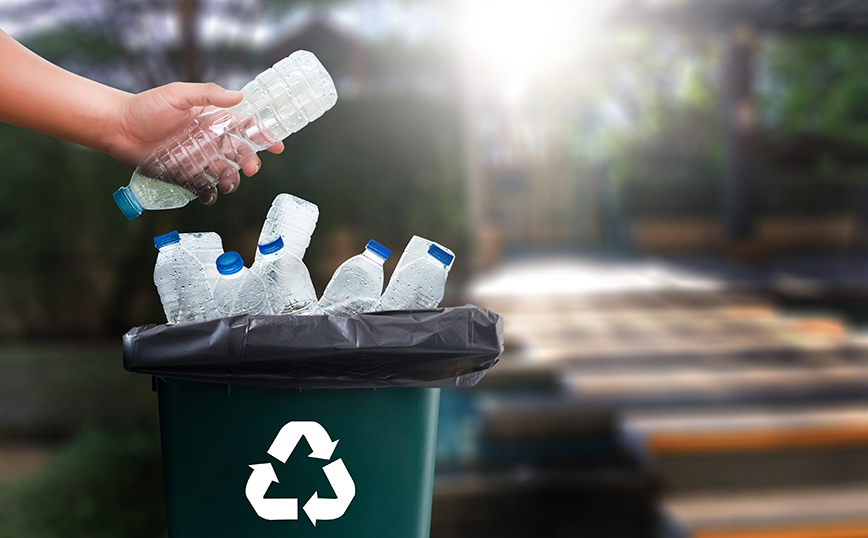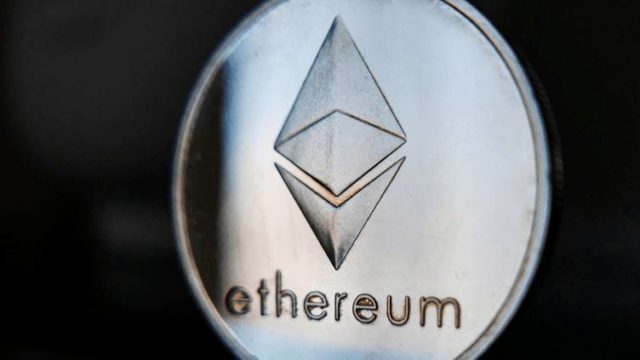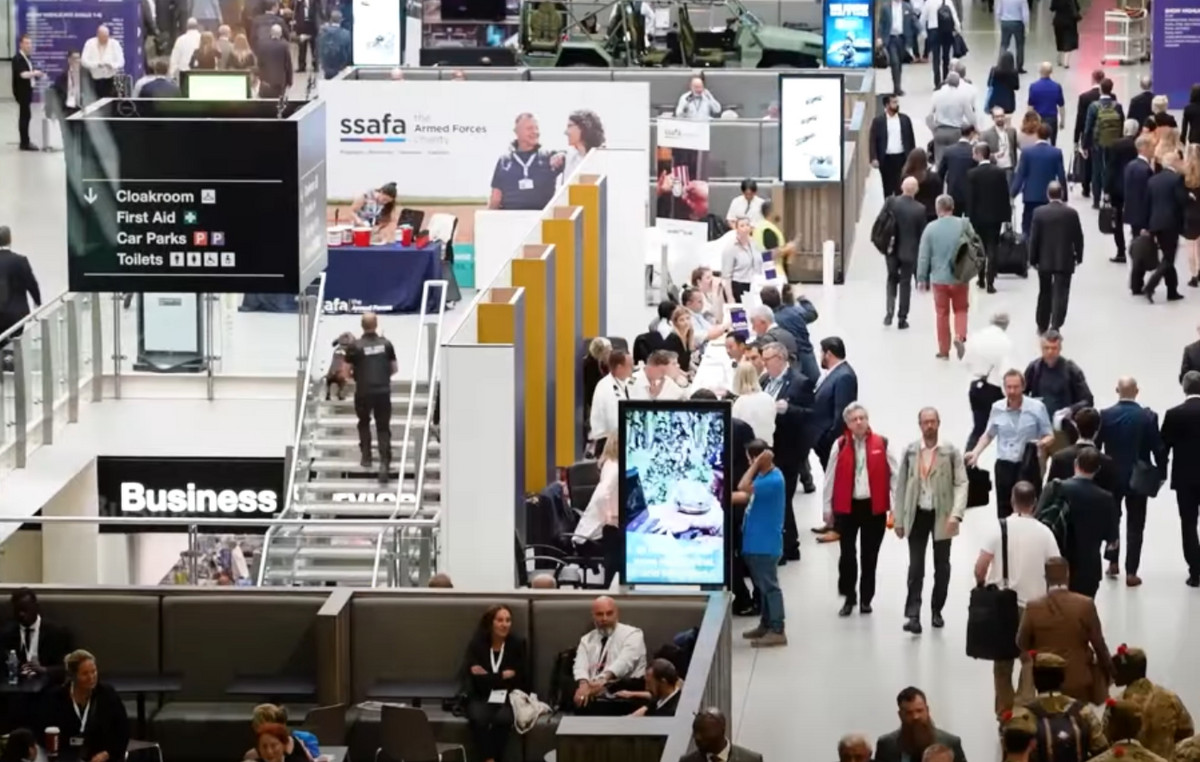
The percentages recycling of plastics are falling even as production soars, according to a new report Greenpeace USA on Monday, dismissing the claims of creating an efficient, circular economy, specifically stating that it is about “fiction”. According to this analysis, American households they produced 51 million tons of plastic waste in 2021, of which only 2.4 million tons were recycled.
The trend is downward, especially after the China stopped accepting them in 2018 plastic waste of the West and at the same time to recycle a part of them. In addition, the production prices of plastic are decreasing, as the plastic industry is developing rapidly. “Industry groups and big business have put pressure to present recycling as a solution,” Lisa Ramsden of Greenpeace USA explained to AFP. “By doing this, they avoided any responsibility,” she added, citing companies such as Coca-Cola, PepsiCo, Unilever and Nestlé.
According to Greenpeace USA, only two types of plastics are accepted in most of the 375 material recovery centers operating in the country. The first is polyethylene terephthalate (PET), which is used for bottles of water and soft drinksand the second is high-density polyethylene (PE-HD), used for example in shampoo bottles or household products.
These two types are categorized as numbers 1 and 2, according to the specifications used, which in total number seven types of plastics. But being recyclable in theory does not mean that the products are actually recycled.
According to the report, PET and PE-HD had recycling rates of 20.9% and 10.3% respectively – two rates that are down from Greenpeace USA’s previous survey in 2020.
In addition, type 3 to 7 plastics – which include plastic bags, children’s toys, yogurt packaging… – are recycled at rates below 5%.
Even though they carry the symbol that indicates they are recyclable, these products, which use plastics 3 through 7, are not actually recycled enough to be classified as recyclable by the Federal Trade Commission (FTC).
Financially unsustainable
According to the report, the practice of recycling plastic does not work for five reasons:
- Firstly because the amount of plastic waste is such that it is extremely difficult to collect it all.
- Furthermore, even if all were recovered, since these trash cannot be recycled together, this makes it “practically impossible to sort thousands of billions of products”, according to the report.
- Third, plastic recycling processes are themselves harmful to the environment, exposing workers to chemicals and creating microplastics.
- The fourth reason is that these recycled plastics cannot be reused as food containers due to the risk of them being toxic.
- Finally, recycling costs too much, according to the non-governmental organization. “New plastics are directly competitive with recycled ones” and “the production of the former is much less expensive and their quality is better”, the report underlines.
Lisa Ramsden called for preference to be given to non-plastic containers that can be reused and for societies to support an international treaty on plastic, the preparation of which began this year by the UN. She emphasized that the problem regarding plastic recycling is unique and does not apply to cardboard boxes or metals.
Source: News Beast
I’m Robert Neff, a professional writer and editor. I specialize in the entertainment section, providing up-to-date coverage on the latest developments in film, television and music. My work has been featured on World Stock Market and other prominent publications.







